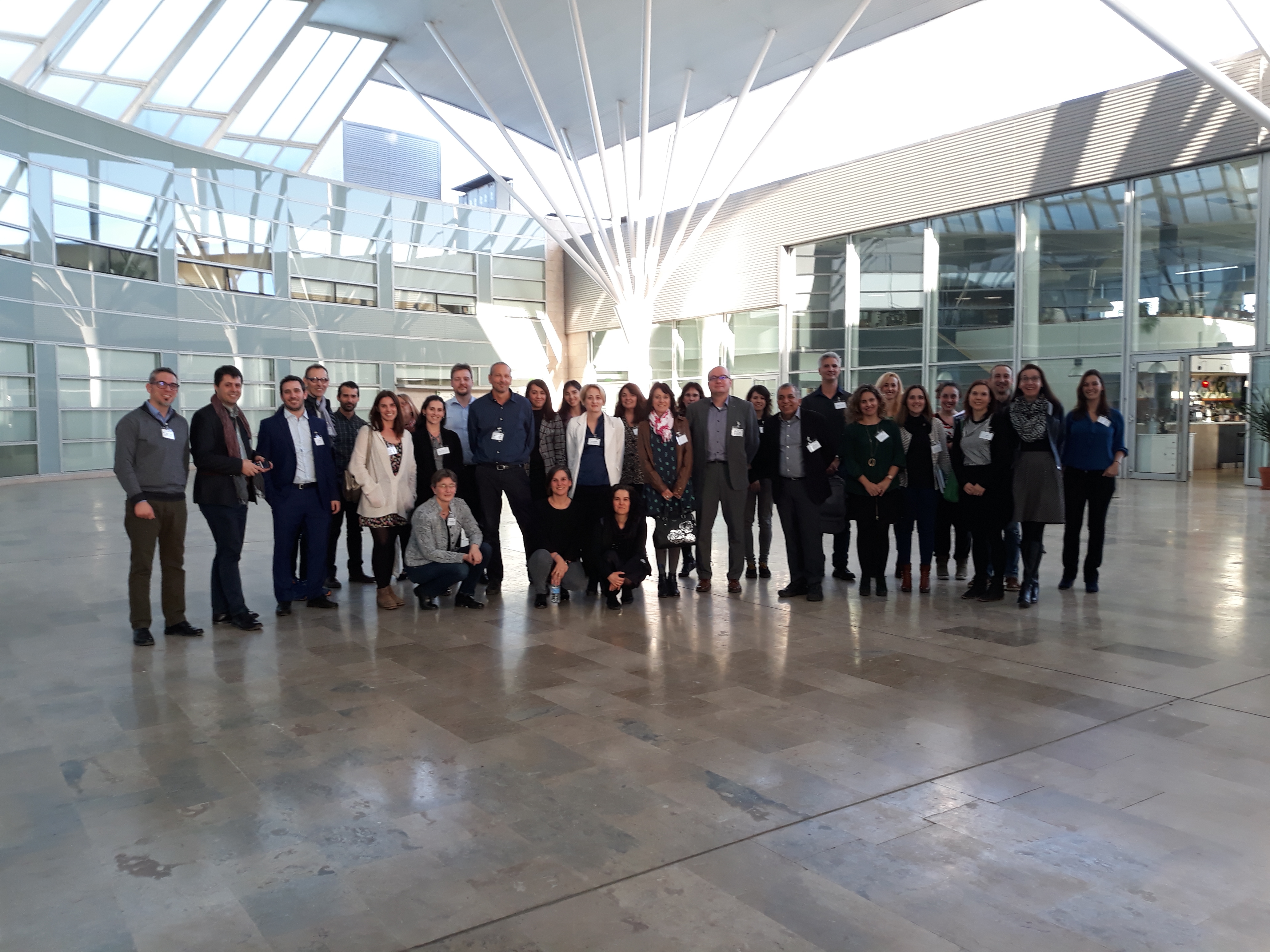Fraunhofer ITEM is participating in the EU project TBMED to support European small and medium-sized med-tech companies
Open-innovation test bed for medical devices
Aiming to support European med-tech companies in the global competition, the EU has initiated the project TBMED – An Open-Innovation Test Bed for the Development of High-Risk Medical Devices. Together with 12 project partners from Spain, France, Ireland and Germany, Fraunhofer ITEM is actively participating in the development of a test bed for medical devices of risk classification IIb and higher. The project will receive 8.5 million euros funding under the European Union’s Horizon 2020 Framework Program and will run until the end of February 2023.

“We want to make our approach sustainable through the strategic involvement of existing European clusters and the use of collaboration opportunities. Our aim is to strengthen the growth and development of SMEs in many different regions and increase their chances of success by bringing them in contact with potential investors interested in new products,” said Iraida Loinaz from Fundación CIDETEC Nanomedicine, coordinator of the project, during the TBMED kick-off meeting held in San Sebastián (Donostia), Spain, on February 21 and 22, 2019.
The EU project TBMED sets out to tackle two of the most pressing issues in the EU health-care system: first, the large variation in patient diagnosis and second, continually increasing costs. The new EU-wide Medical Device Regulation poses enormous challenges, especially for European small and medium-sized manufacturers of medical devices. In order to help these companies deliver better care at more reasonable costs and thereby enable them to face global competition by large suppliers, the consortium aims to develop an open-innovation test bed (OITB) focusing on the most challenging devices of high-risk classification IIb upwards.
Fraunhofer ITEM will initially focus on the regulatory strategy, data gap analyses according to ISO 10993-1, and the development of specific, product-adapted toxicological testing strategies. Further on in the project, material-specific, (geno)toxicological screening methods providing first clues to possible adverse effects of the products under development will be devised, to enable detection of toxicological risks at an early stage in the development process. In addition, Fraunhofer ITEM will be responsible for test methods that are relevant for regulatory purposes, i.e. biocompatibility testing of medical devices according to ISO 10993-3 (genotoxicity) and ISO 10993-5 (cytotoxicity).
For further information on the EU research project TBMED, please click here: https://www.eurice.eu/projects/tbmed
 Fraunhofer Institute for Toxicology and Experimental Medicine
Fraunhofer Institute for Toxicology and Experimental Medicine